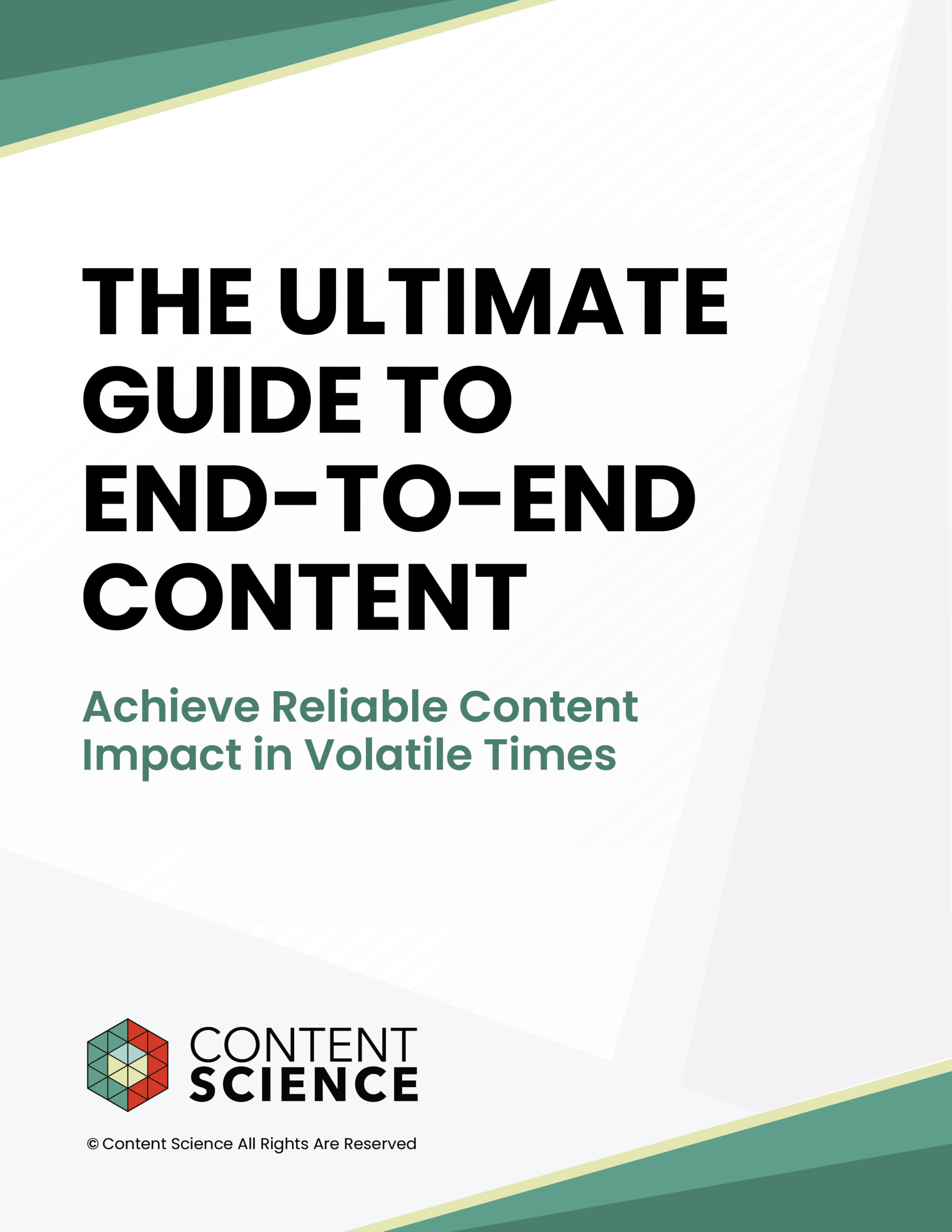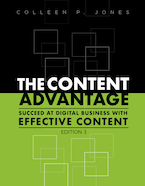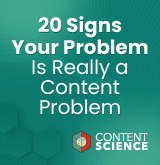
It was the best of content times. It was the worst of content times. That’s how I’d sum up life after the printing press. It’s also how I’d characterize our current content—and disinformation—situation in the digital age.
Let’s take a look back at the impact of mass printing for clues about how we can make our great expectations for content become reality.
The Pros and Cons of Mass Printing
If we drafted a pros and cons list about the printing press, made practical for mass printing by Johannes Gutenberg around 1436, some notable pros are
- The rise of news.
- The end of the Dark Ages.
- The Renaissance, reviving education and reopening lost knowledge.
- The Scientific Revolution, allowing scientists to share findings accurately.
- The Enlightenment, led by philosophers contributing to ideas like democracy.
- The increase in literacy.
Impressive! If we made a cons list, though, we’d have to include
- The rise of extremist voices.
- The rise of misinformation and gossip.
- The rise of propaganda.
- The very bloody 30 Years War.
- Hundreds of years of holy wars, leading to the bloodiest epoch in human history.
I’d say the pros and cons list in our current Gutenberg moment—the rise of widespread Internet access, information technology, social media, and connected devices like smart phones in our digital age—looks similar.
The Pros and Cons of the Digital Age
The good is very, very good. The unprecedented access we have to comprehensive and current information quickly enables us to make better decisions about everything from jobs to healthcare to finances. And social media increases accountability for bad behavior by leaders, celebrities, and the powerful.
But the bad is…pretty awful, including an infodemic that is literally killing people. And we’ve been living with many of the other cons such as cancel culture, conspiracy culture, psychological harm (especially to the young), white supremacy, cyberstalking, hacking, and fueling a range of addictions and other crime.
I find the parallel between now and then alarming, humbling, exciting, and comforting all at the same time. I’m alarmed and humbled that we, as humans, are still so susceptible to disinformation and the terrible actions to which bad content leads. I’m excited about the innovation, including to content technology, that the digital age fuels. And I’m strangely comforted that even though so much is new now, we have been through a situation like this before. That means we can learn from it and choose to handle our Guttenberg moment differently.
Will We Let Disinformation History Repeat Itself?
Our content history does not have to be our content destiny. We can take steps to identify unintended consequences of content experiences like social media and extreme broadcast programs faster and to put guardrails against disinformation in place. Those guardrails can take the form of fixing algorithms that promote bad content, as leaked research indicates Facebook’s algorithm still does and Mozilla Foundation recently discovered YouTube’s algorithm still does. Or the guardrails can be legislation when the fixes aren’t good enough. We can explore policy akin to, but more enlightened than, the Fairness Doctrine and stop allowing extremist voices take on the facade of news. We also can make digital literacy and ethics part of overall literacy requirements. And I’m just scratching the surface of what we can do as a society. For a country-by-country look at what the world is doing to fight misinformation, see this comprehensive guide by Poynter.
And as content professionals, we can make a difference in dealing with disinformation through our work. One way is to button up our organizations’ own approaches to content with
- Strategy informed by a solid understanding of the content landscape, including the role of misinformation.
- Standards and processes that balance content quality and speed.
- Handling outdated content appropriately, whether it’s deleting it or clearly marking its version.
- Commitment to doing the right thing for our audiences or customers and for our organization’s credibility.
- Centers of excellence or communities of practice, where content professionals across our organizations can connect and align on content issues and decisions.
So, today as in the post-printing press era, the newfound ease with which we can create, publish, and distribute content is not without powerful consequences. As we pursue the best of the digital age, any of us can become susceptible to misinformation or lose our ethical way, leading to a cascade of regrettable decisions and actions. But we have the power to recognize that power and choose another way forward.
Events, Resources, + More
The Ultimate Guide to End-to-End Content
Discover why + how an end-to-end approach is critical in the age of AI with this comprehensive white paper.
The Content Advantage Book
The much-anticipated third edition of the highly rated book by Colleen Jones is available at book retailers worldwide. Learn more!
20 Signs of a Content Problem in a High-Stakes Initiative
Use this white paper to diagnose the problem so you can achieve the right solution faster.
Upskill with Content Science Academy
Training for modern content roles through on-demand certifications + courses or live workshops.






Comments
We invite you to share your perspective in a constructive way. To comment, please sign in or register. Our moderating team will review all comments and may edit them for clarity. Our team also may delete comments that are off-topic or disrespectful. All postings become the property of
Content Science Review.